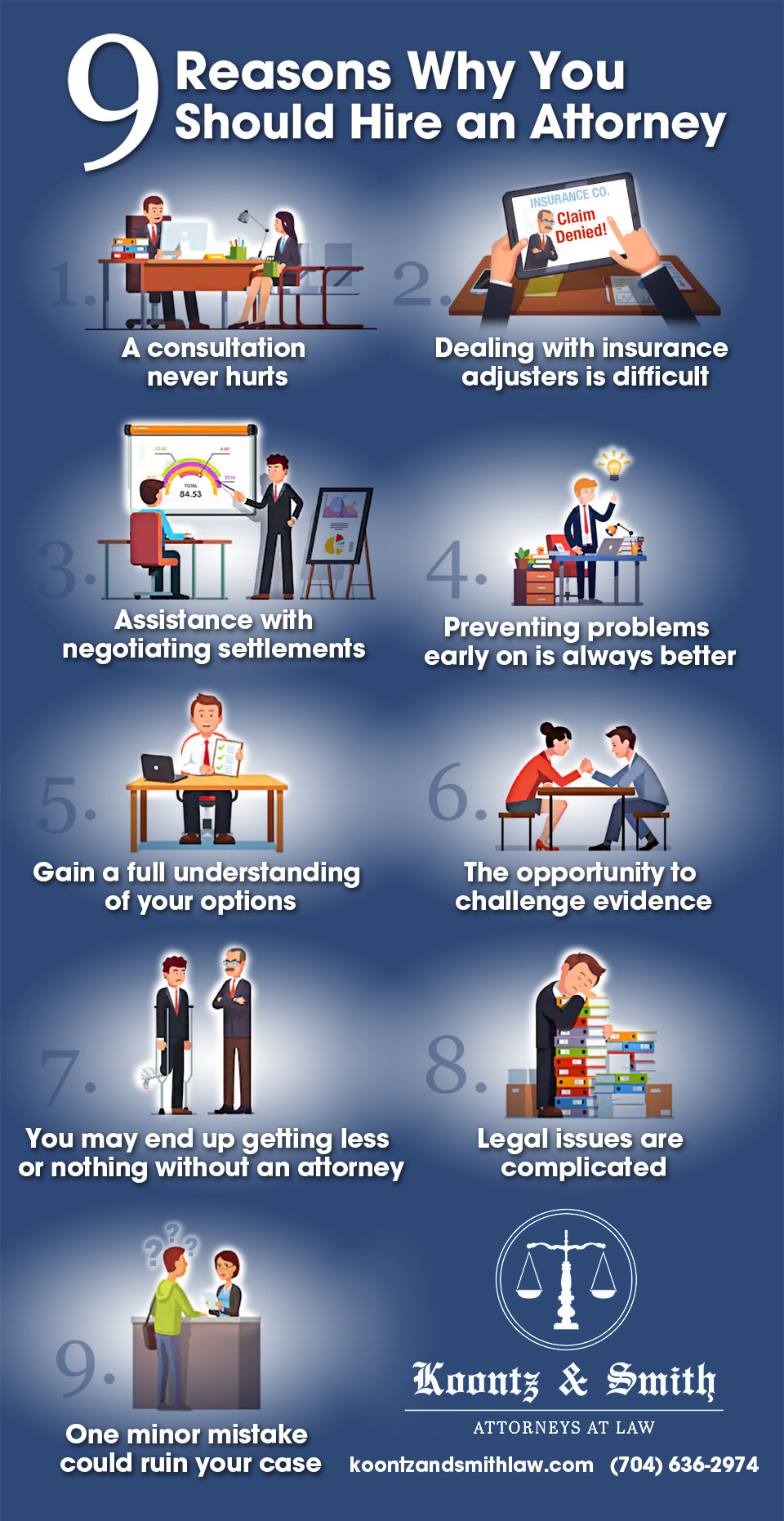Knocking At The Door Of Our Economic Climate, White Collar Criminal Activity'S Kaleidoscope Of Consequences Waits For, Disclosing An Expensive And Intricate Internet Of Damage
Knocking At The Door Of Our Economic Climate, White Collar Criminal Activity'S Kaleidoscope Of Consequences Waits For, Disclosing An Expensive And Intricate Internet Of Damage
Blog Article
look at here now -Henneberg Bendtsen
Visualize a pristine garden, very carefully supported over years, full of vivid flowers and lush greenery. Now, picture a throng of dangerous parasites calmly infiltrating this haven, gnawing away at the roots and petals, leaving a route of destruction.
This metaphor appropriately catches the price of white collar criminal offense, a stealthy menace that permeates our economic climate with ravaging repercussions. As you enter this discussion, prepare to discover the surprise financial influence of white collar criminal offense and the far-ranging consequences that stick around long after the criminals have actually disappeared from the scene.
The Financial Toll of Clerical Criminal Offense
Clerical crime exacts a heavy financial toll on people, companies, and the overall economic situation. It isn't simply a victimless criminal activity or a small hassle. The consequences are significant and destructive.
When people succumb clerical criminal activity, they typically lose their life savings, their homes, and their sense of security.
Businesses, on the other hand, endure massive economic losses because of fraudulence, embezzlement, and various other forms of clerical criminal offense. These criminal offenses result in lowered earnings, harmed online reputations, and also personal bankruptcy sometimes.
Moreover, the economy overall experiences as clerical crime threatens count on the monetary system, minimizes customer self-confidence, and interferes with financial development.
The economic toll of clerical criminal offense can't be underestimated, and it's vital that we take strong actions to stop and battle this type of criminal activity.
The Erosion of Count On Institutions
The erosion of count on institutions is a consequence of white collar criminal offense that has far-reaching effects for people and culture. When white collar criminal activities are devoted by people ready of power and authority, it threatens the trust fund that individuals have in those institutions.
This disintegration of trust can have a number of negative results:
- ** Loss of confidence in the justice system **: When individuals see those in effective settings escaping white collar criminal activities, it can lead to a loss of belief in the justice system. Individuals might feel that there's a lack of responsibility for those that devote such criminal activities, which can deteriorate trust in the legal system.
- ** Lowered confidence in financial institutions **: Clerical crimes usually involve financial scams and manipulation. When individuals or establishments are found guilty of such crimes, it can bring about a decrease in confidence in financial institutions. This can have an adverse influence on the economy as individuals may be reluctant to invest or trust these organizations with their cash.
- ** https://good-criminal-defense-law32219.mybuzzblog.com/10752529/key-concerns-to-ask-when-working-with-a-criminal-defense-lawyer of social fabric **: Count on establishments is a fundamental pillar of an operating society. When that trust is worn down, it can bring about a weakening of the social material. Individuals may become a lot more negative and hesitant of establishments, which can lead to a failure in social cohesion and teamwork.
Long-Term Economic Consequences
Loss of trust in organizations as a result of clerical crime can have long-term financial effects.
When people and businesses despair in the integrity of organizations, they may end up being reluctant to spend or participate in economic tasks. This lack of trust can lead to a decline in consumer costs, as individuals come to be much more cautious with their cash.
In addition, companies might hesitate to create collaborations or become part of contracts, fearing that they'll be capitalized on by deceitful individuals.
The long-lasting financial consequences of this loss of trust can consist of slower economic growth, decreased task production, and reduced market competitiveness. It's critical for institutions to attend to white collar crime and recover trust in order to safeguard the lasting economic health of a nation or area.
Final thought
Finally, the financial effect of clerical crime is astonishing, with consequences that get to much past simply economic losses. It deteriorates the count on we place in our organizations, leaving a space that's challenging to fill.
Like a ruthless storm, clerical crime leaves a long lasting mark on our economic climate, leaving us to grapple with its results for many years to come.
